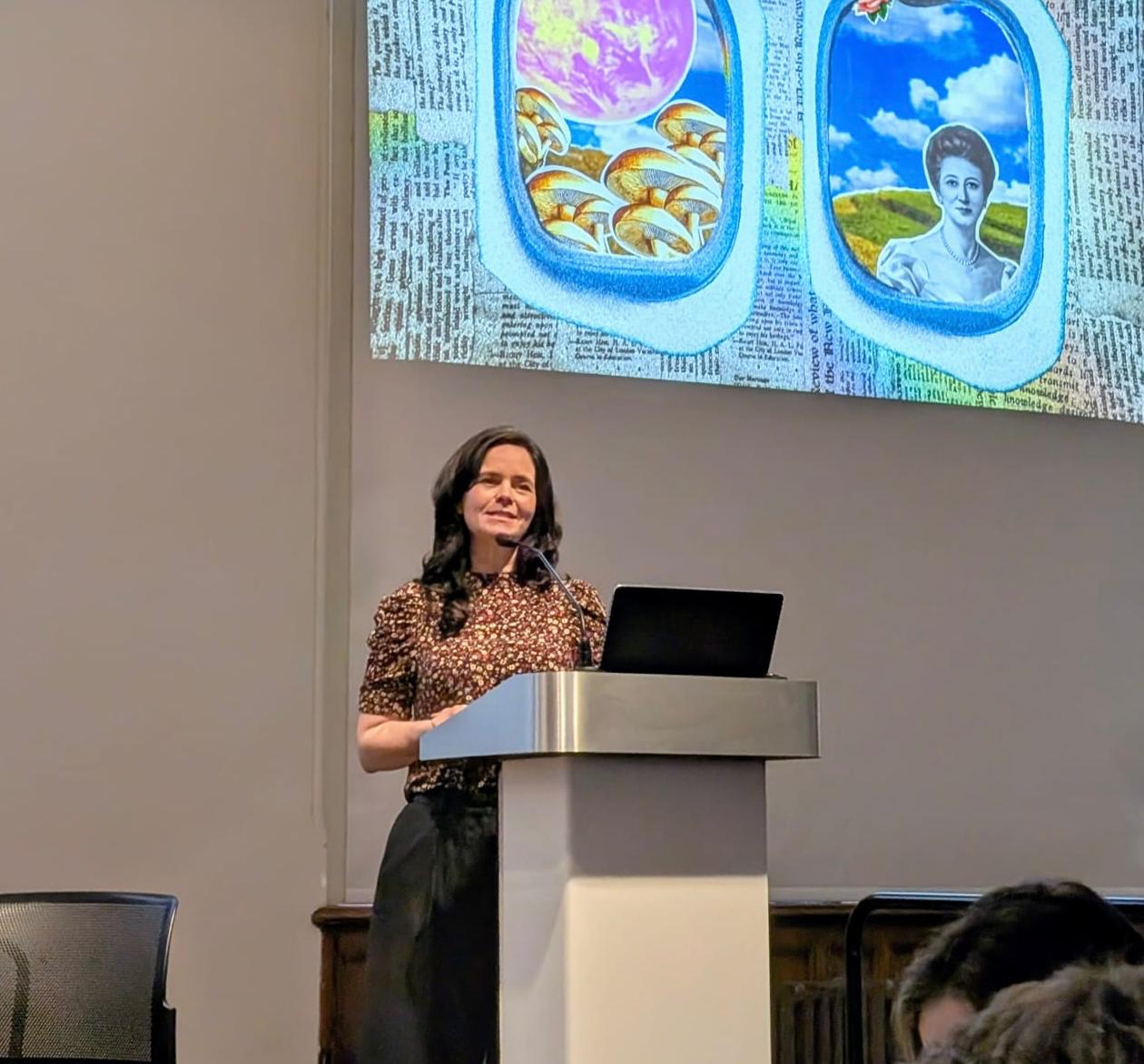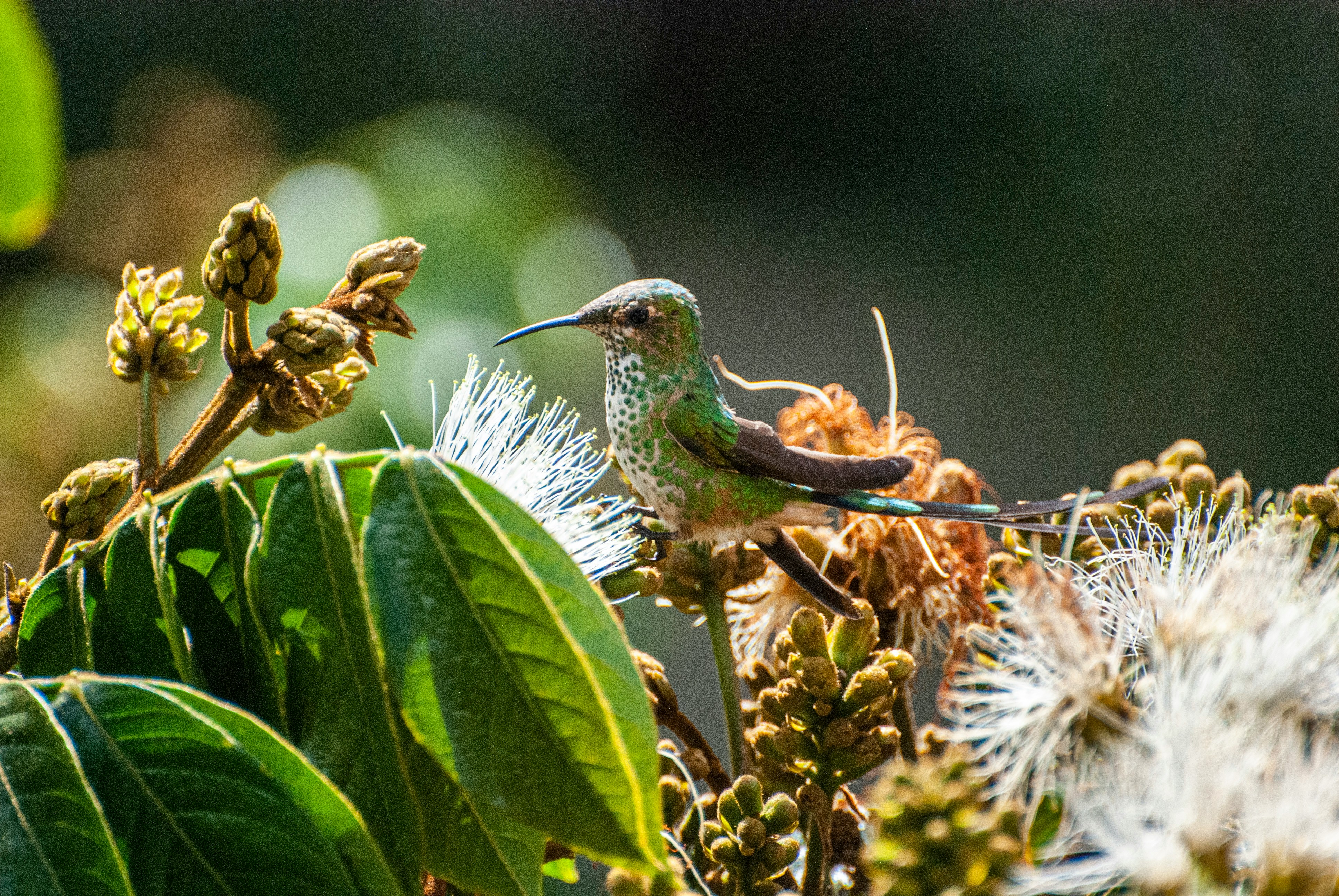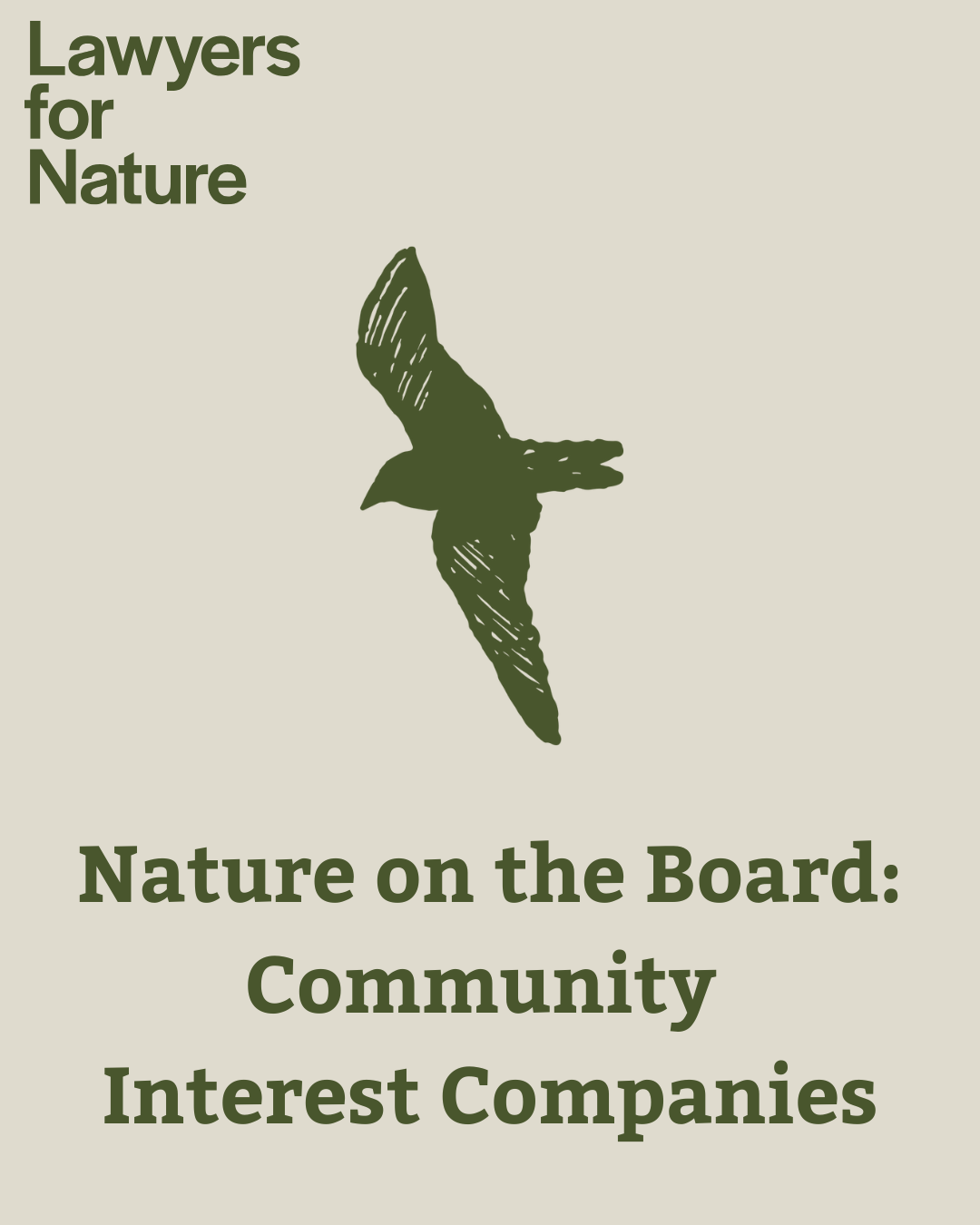This week, Dirty Business aired on Channel 4. It tells a story many of us already know deep in our bones: Britain’s rivers are being illegally polluted on an industrial scale, and ordinary people have had to step in where government and institutions have failed.

Filter by

We are excited to publish a new report based on the six month Nature Guardian pilot project by Comisiwn Seilwaith Cenedlaethol Cymru/National Infrastructure Commission for Wales (NICW).
All
Nature on the Board
Nature-Positive Corporate Governance

Biodiversity Net Gain (BNG) is not a perfect solution to the Nature crisis, and it requires robust safeguards to ensure it genuinely benefits Nature. However, it was introduced to help turn the tide on biodiversity decline, and it is now an essential tool that must be strengthened, not dismantled through sweeping exemptions that would render it largely ineffective.
All
Nature

Our collaboration with FutureEverything represents an exciting example of how you can redesign governance across a Community Interest Company, so that Nature has a seat at the board table and is embedded into the decision-making fibres of the entire organisation. Our hope is that it inspires other CICs to explore this form of governance.
All
Nature on the Board
Nature Director

Today a new Nature’s Rights Bill was launched at the House of Lords by the Green party peer Natalie Bennett. For decades, lawyers, campaigners, and communities have worked to bring the idea of rights for Nature and legal personhood for Nature into the public imagination.
All
Rights of Nature

A year ago, in collaboration with Frieda Gormley and Javvy M Royle from House of Hackney, we launched the We Are Nature campaign, a grassroots movement to persuade dictionaries to update English-language dictionary definitions of the word Nature to include humans.
All
We Are Nature
Nature
.jpg)
Lawyers for Nature stands in firm opposition to the Planning and Infrastructure Bill 2025 in its current form. While we acknowledge the government's stated aim to streamline development and enhance environmental outcomes, the Bill's current provisions risk undermining existing environmental protections, democratic processes, and the fundamental rights of nature itself.
All
Rights of Nature

We wanted to share some positive news from the world of Rights of Nature. It’s these moments that remind us why we’re reimagining the law for Nature—ensuring it has the opportunity to thrive and flourish, just as it should.
All
Rights of Nature
Nature-Positive Corporate Governance
